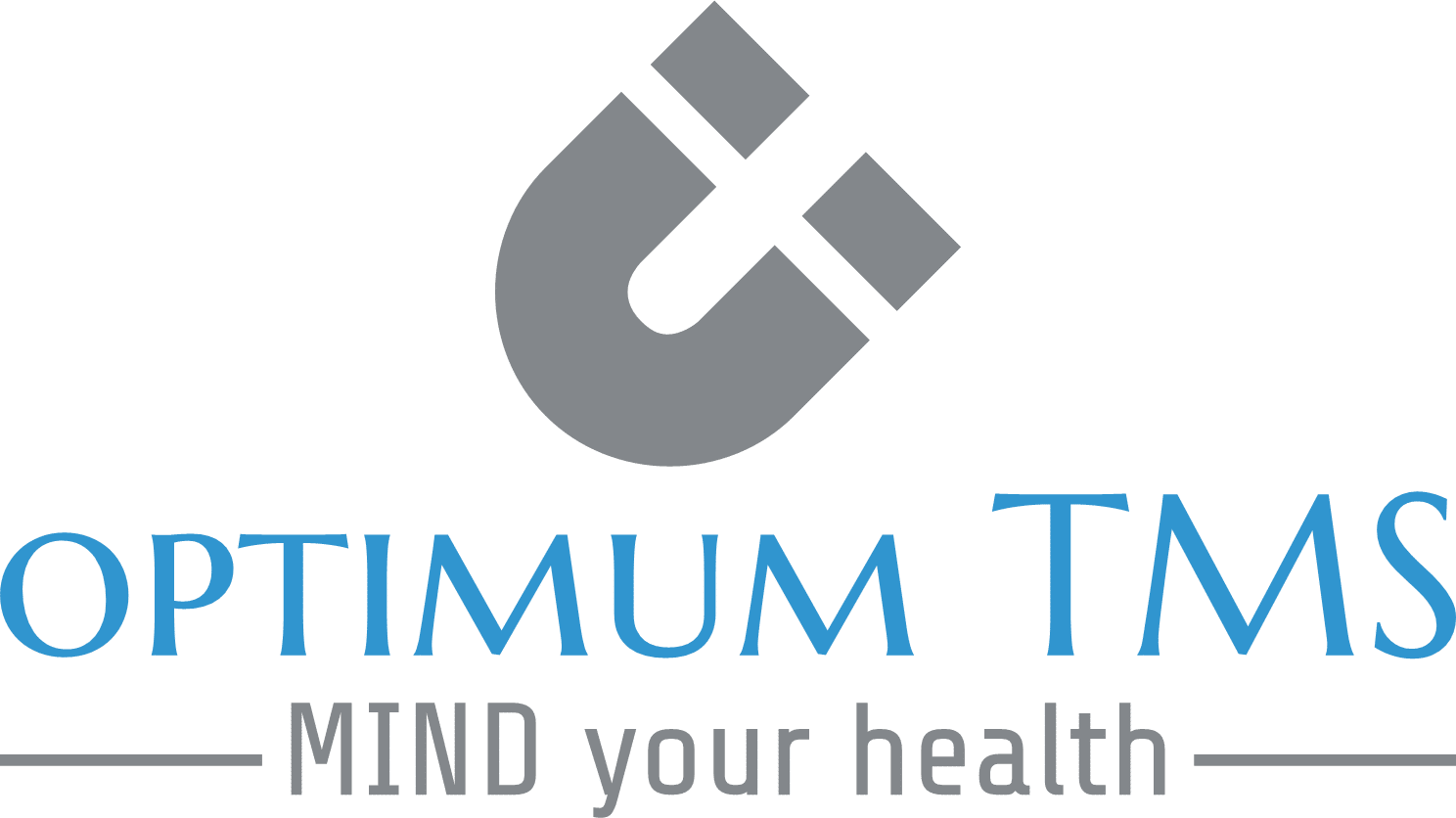
Depression is a serious issue that is especially prevalent in women. Women are more likely to be diagnosed with depression than men, and the symptoms can vary depending on gender. The gendered experience of depression has been studied extensively in recent years, uncovering unique types of depression that are specific to womanhood. In this blog post, we will be exploring these types of depression and discussing potential approaches for managing them. We'll examine how biological factors like hormones influence mental health, cultural structures, and life experiences that may contribute to female-specific forms of depression. By understanding these influencing factors, we can work toward better supporting each other mentally and emotionally through our struggles with this debilitating mood disorder.
Understanding the Unique Types of Depression Experienced by Women
Depression is a complex and all-encompassing mental health condition that can have a variety of manifestations. However, understanding the different types of depression women may experience is especially crucial. From postpartum depression to premenstrual dysphoric disorder, hormonal fluctuations can trigger depression symptoms in women. Additionally, women may experience gender-specific traumas or societal pressures contributing to depression. By recognizing and addressing these unique experiences, healthcare professionals can provide more effective treatment and support for those struggling with depression. We all need to be aware of these distinct depressive experiences and work towards creating a more empathetic and inclusive understanding of mental health.
Differentiating Between Postpartum, Premenstrual, and Perimenopausal Depression
Depression can manifest in different ways throughout a woman's life, and it's essential to be able to differentiate between them. Postpartum, premenstrual, and perimenopausal depression all share similar symptoms of sadness, irritability, and fatigue, but each has specific triggers and time frames. Postpartum depression strikes within the first year after giving birth, premenstrual depression occurs during the menstrual cycle, and perimenopausal depression is linked to the fluctuation of hormones during the transition to menopause. Recognizing the nuances between these types of depression is essential in getting proper treatment and support for those experiencing them.
Examining the Connection Between Gender and Mental Health
The connection between gender and mental health has garnered attention in recent years, prompting discussions about how societal constructs of gender impact an individual's mental well-being. Among the various mental health concerns that affect both men and women, depression is a common condition that is often discussed in the context of gender. While depression can affect anyone, research indicates that women are more likely to experience it than men. Societal expectations and perceived roles of women in relationships, families, and careers may contribute to this disparity. Examining the relationship between gender and depression can provide valuable insights into how cultural and social factors affect mental health outcomes.
Exploring Culture and Societal Expectations That May Impact Women's Mental Health
It is no secret that women face many societal expectations and cultural norms that impact their mental health. From the relentless pressure to conform to a specific body type to the unrealistic expectations of perfect motherhood, these factors can often lead to depression and other mental health challenges. Exploring the cultural and societal contexts perpetuating such expectations is essential to fully understand and address these issues. With this understanding, we can work towards creating a more equitable and supportive society for women and promote mental well-being for everyone.
Mental health in women is complex and varied, and understanding the unique types of depression experienced by women is essential for providing those individuals with the necessary care and support. Although specific issues arise when looking at gender and mental health, it is ultimately the power of prevention, awareness, and education that can help prevent the onset of postpartum, premenstrual, or perimenopausal depression in vulnerable individuals. Each person's experience is different, and a holistic approach to treatment should be adopted to acknowledge an individual's underlying causes best. We must recognize the influences of culture and societal expectations on much of what we call "women's issues" related to mental health.
